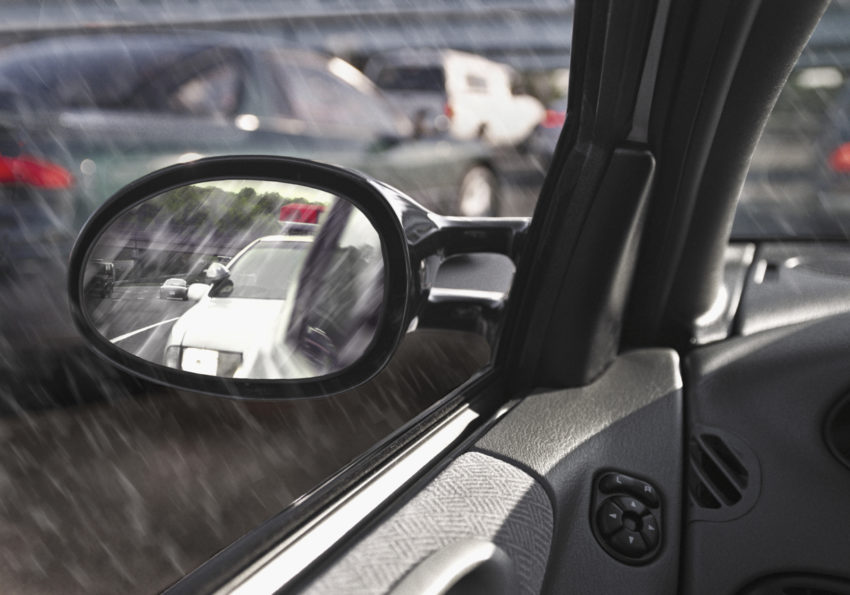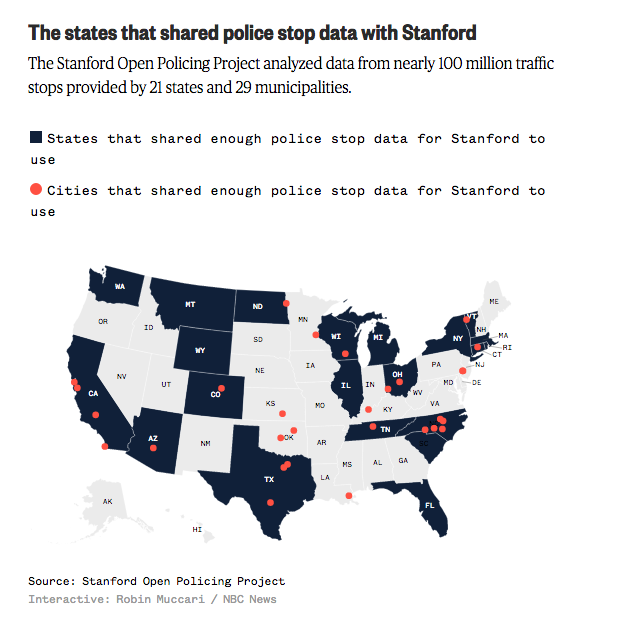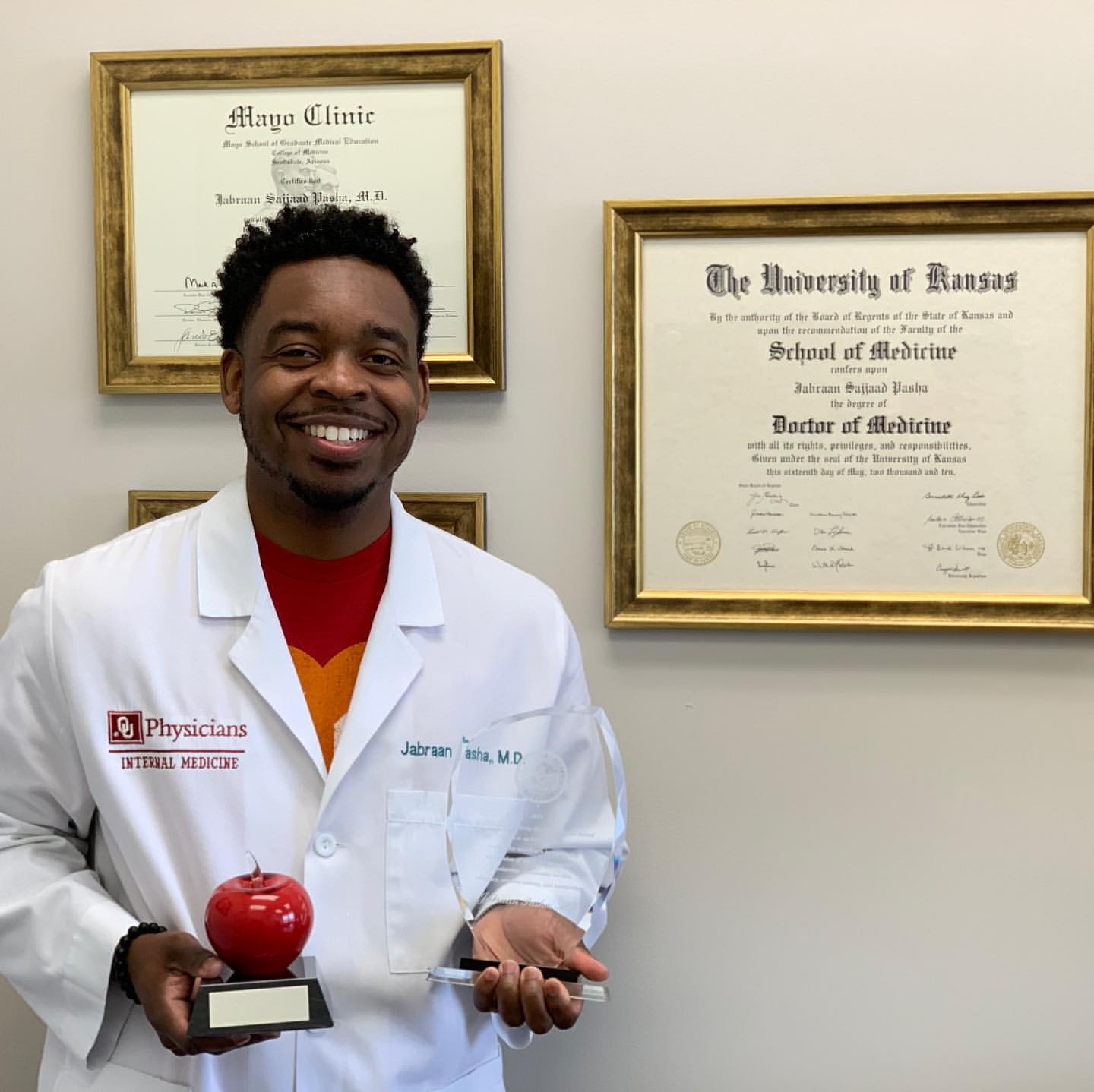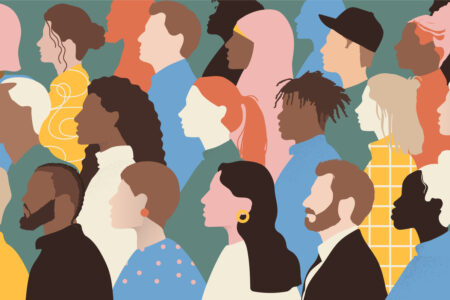
Share On Social!
Latinos and other minorities are frequently subject to negative stereotypes.
In fact, 78% of Latinos in the United States said they face discrimination. That number is even worse for blacks at 92%.
A new Stanford University study shows the problem bleeds into the treatment minorities receive from law enforcement.
The Open Policing Project (OPP) found that police stopped and searched black and Latino drivers with less basis of evidence than used in stopping white drivers, who are searched less often but are more likely to be found with illegal items.
“Because of this analysis, we’re able to get to that anecdotal story to say this is really happening,” Sharad Goel, an assistant professor in management science and engineering at Stanford and a co-author of the study, told NBC News.
The Stanford Policing Project
A coalition of researchers and journalists have been collecting data on vehicle and pedestrian stops from law enforcement agencies across the U.S. for seven years. 
The traffic-stop information is the most extensive dataset of its kind and sheds light on prevalent inequities in how police decide to stop and search white or minority drivers.
The project assessed nearly 100 million traffic stops that occurred from 2011 to 2017 across 21 state patrol agencies — including states with high Latino populations such as California (39.1% Latino), Texas (39.4%), New York (19.2%), and Illinois (17.3%).
Researchers also looked at 29 municipal police departments including New Orleans (5.5% Latino), Philadelphia (14.1%), San Francisco (15.3%) and St. Paul, Minnesota (9.3%).
OPP also found a 5% to 10% drop in the number of stopped drivers after sunset who are black, signifying that black drivers are racially profiled throughout the day.
Additionally, Colorado (21.5% Latino) and Washington state (12.7%) search rates remain twice as high for minorities even though there has been a reduction in searches of all drivers since the legalization of recreational marijuana.
“There’s no longer the idea of Officer Friendly, who might help you understand why they pulled you over,” David Lowery, founder of the Living & Driving While Black Foundation in Chicago—an advocacy group calling for an end to racial profiling—told NBC News.
Now, it’s about using racial profiling to control people and place fear in them.”
Bridging the Gap
Latinos respect police and cite a need for law enforcement. However, they are extremely concerned about police brutality.
Programs like Equal Justice USA aim to decrease tensions that have mounted between law enforcement organizations and their citizens by rebuilding mutual trust following patterns of unconstitutional policing.
Equal Justice USA’s program inspired similar investigations across the country. Now, many police officers are required to complete racial bias trainings.
Unfortunately, traffic-stop bias is not the only discrimination with which Latinos and other minorities have to worry.
Learn more about:
What Else Can We Do?
Seek training or help put an end to microaggressions.
In the healthcare field, teach cultural competencies and cultivate more doctors of color to help produce better outcomes for Latino patients.

Check out stories of people who are overcoming biases:
- Dr. Rogelio Saenz overcome implicit bias growing up and in his career. He became a well-respected UT San Antonio researcher using data and demographics to set up social justice solutions.
- Dr. Jabraan Pasha created a training workshop to spread awareness of implicit bias in healthcare.
- Kelly Capatosto and the Kirwan Institute are doing significant research and training on implicit bias.
Take the Implicit Association Test now!
Explore More:
Increasing RecognitionBy The Numbers
3
Big Excuses
people use to justify discriminatory behavior



